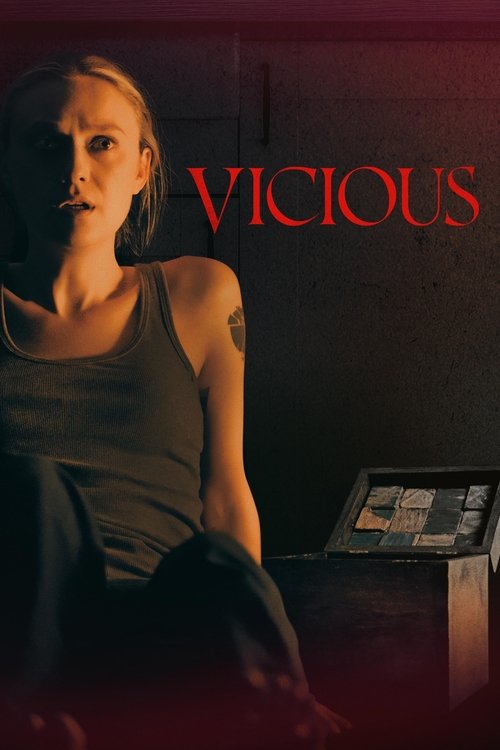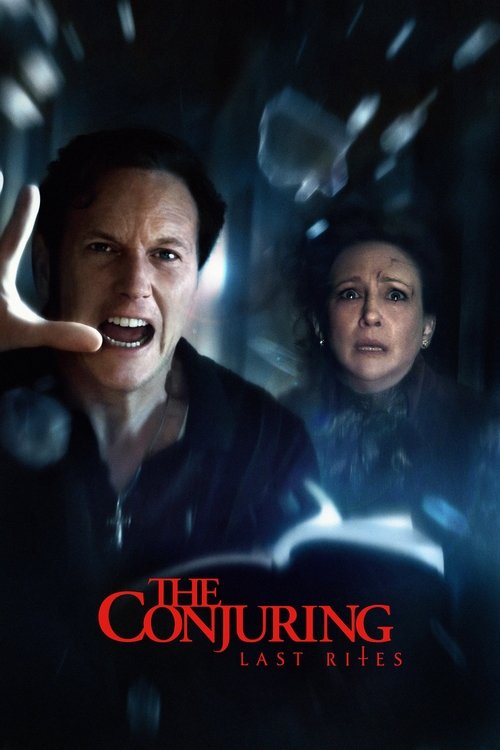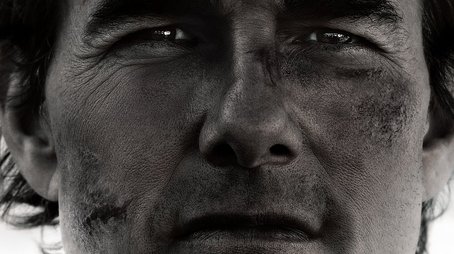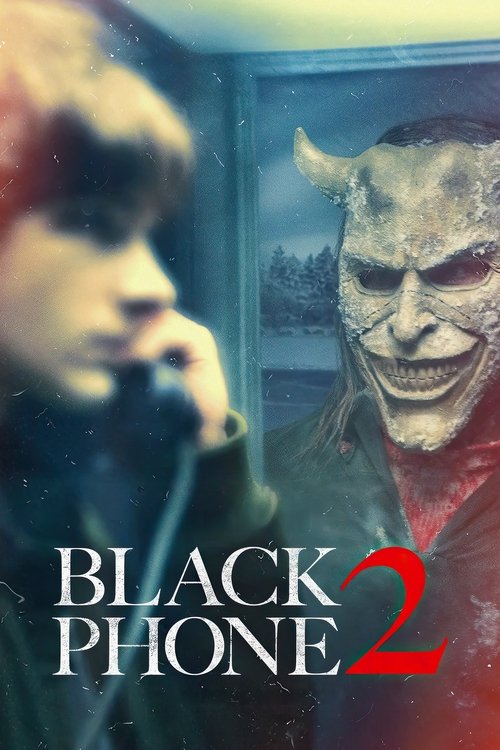
Ask Your Own Question
What is the plot?
The film opens with Dray attending a crowded house party hosted by his friend Maxwell. The living room thrums with music, clusters of guests move between the kitchen and the patio, and men and women circulate in pairs and small groups. Dray navigates the room with a practiced ease, exchanging flirtatious remarks and drinks as he keeps his attention divided among several women. Unknown to him, his younger sister Jenny and her friend Katrina have turned his private life into the focus of a deliberate plan. Late that afternoon, Jenny had discovered Dray's small black notebook--an address-and-phone list detailing his affairs--and, convinced that exposure will test his character, she and Katrina call nearly every woman whose number appears. They instruct them to come to Maxwell's party that evening.
Jenny tells Katrina that her reasons are twofold. For a psychology assignment she is investigating whether a habitual womanizer will reform if placed in a hostile environment engineered by someone close to him. Separately, Jenny carries a personal grievance: she was hurt in the past by a man who treated love as a game, and she resents what she perceives as Dray's unrepentant behavior. She frames the operation both as an academic exercise and as an attempt to punish her brother for the type of man who once broke her heart. Katrina takes a more immediate interest; she helps place the calls and, as the night progresses, watches the consequences of their plan at the party.
By the time Dray notices that familiar faces among the guests are women he has been seeing, the room has begun to shift around him. He scans the crowd, recognizes some of the women from earlier liaisons, and realizes they have been corralled into his vicinity. When he learns that Jenny and Katrina orchestrated their arrival, he recalibrates instantly. Rather than confronting the women, he deploys a series of deliberate maneuvers to deflect suspicion and maintain his freedom. He approaches a woman who has just arrived and commends her taste in music, then quickly steers the conversation toward another male guest, planting the seed for a new interest. At the punch bowl, he switches a drink and nudges a group leader into offering to show one of the women the backyard view; he thanks Maxwell loudly for the guest list and insinuates that a famous DJ will arrive soon, prompting several women to step onto the balcony in search of him. On multiple occasions he provides false names, fabricates wild stories about his future plans, and compliments other men's shoes so that attention slides away from him. Where a woman seems prepared to challenge him about past meetings, he feigns confusion and insists they must be mistaking him for someone else. Through smooth talk and quick misdirection he persuades one woman to leave the party with a mutual friend to buy cigarettes, convinces another that she should be the one to introduce someone else to Maxwell's sister, and arranges for a different guest to claim that outside commitments force him to depart immediately. None of the women present at Maxwell's house concludes that they have been deliberately confronted with Dray's record; he maintains a veneer of charm while manipulating the flow of interactions.
After a succession of these maneuvers, Dray seeks out Jenny and Katrina in a quieter corner of the house. He articulates a version of his philosophy: placing a habitual player in an antagonistic environment can trigger two responses. Some men, he says, will be shamed into change; others, including himself, will adapt to the challenge and demonstrate the strength of their "game." He frames his behavior as evolutionary rather than moral, asserting that provocation brings out a player's resourcefulness. Jenny listens, expression hard, while Katrina watches the crowd and nods slowly. Neither woman persuades him; he presents his adaptation as proof that he will not be deterred by traps or public shaming. Convinced of his own narrative, Dray departs Maxwell's house and walks back to his apartment to wait for his steady girlfriend, Lisa.
Meanwhile, Jenny retreats from the party to a sidestreet, frustrated. She confesses to Katrina that the experiment was never as clinical as she initially claimed. Her anger, she says, comes from a wound she sustained when another man treated her promises lightly; she feels compelled to use her brother as a proxy target for that resentment. She admits that her academic cover provided a convenient rationale, but that the action itself is fueled by personal hurt. Her mood shifts, however, when Michael McCary of Boyz II Men, who has been observing the party from a distance, approaches and compliments her composure. He tells her he has noticed her throughout the evening, asks if she will have coffee with him, and takes her away from the scene. The two walk down the block toward a 24-hour café; Michael offers sympathetic conversation and asks about her studies while Jenny accepts the invitation and slips into the passenger seat of his car.
Back at Dray's building, he unlocks the front door and climbs the staircase to his apartment. He expects Lisa to arrive soon; he imagines telling her that he has decided to settle down with her one day, to stop his pattern of serial dating and to form a family. He articulates this intention directly to the camera in a moment where he breaks the fourth wall, asserting that though he plans to change someday, today is not the day he will begin. He rehearses, in his own mind, the line he will use to reassure Lisa and to further chain his present behavior to the promise of future fidelity.
Katrina, however, is not finished with the evening. She appears at Dray's door a short while after his return. Her arrival is casual; she holds a folded paper in her hand, places it on his kitchen counter, and states plainly that she and Jenny have compiled the list of names and numbers they gleaned from his black book. She says she will not reveal it to anyone, that she intends only to give it back, and she asks him to promise that he will stop his deceitful conduct. Before leaving she steps forward and kisses him on the lips. The kiss lingers a beat longer than a polite farewell. Dray, relieved and fascinated by her attention, steps closer and answers the kiss with one of his own. The exchange quickly escalates; they move from a hallway smooch into the upstairs bedroom.
Inside the bedroom they close the door and remove their clothing. The mattress takes the weight of their bodies; the lamp casts a warm glow across the sheets. They speak little, exchanging touches and whispers, and then they make love. Afterward, they lie in the quiet, breathing and smiling in the dim light. Katrina rises first, slips her shoes back on, and touches Dray's arm before she goes to the bathroom. She tells him she expected to be a witness to his downfall but instead found that she enjoyed the thrill he offers. Dray caresses her hair and offers the casual, uncommitted reassurances that have become his default language. He instructs her softly to leave quietly and promises to see her again. She moves toward the door with the list still in hand, her face lit by a mixture of triumph and regret.
Lisa arrives at the building while Katrina is getting ready to leave. Dray hears the hall light click on; he hears upstairs footsteps in the corridor. Panic flares, abrupt and animal. He pulls the covers up and shoves Katrina into a cramped space he has prepared in a closet corner, instructing her to remain silent. He throws a shirt over her head and tells her to hold still, to breathe slowly. Then he pads out of the bedroom and meets Lisa in the hallway just outside. He greets her with a practiced warmth, asks how her day went, and leads her into the living room. He offers to make tea, fetches a towel for her damp coat, and engages her in small talk about a mutual friend's new job. He keeps his voice low and steady, watches her face for signs of suspicion, and answers her questions with minor details meant to reassure. Katrina holds her breath behind closed doors; the closet's thin wall transmits Lisa's laughter and the scrape of a chair.
After several minutes of careful distraction, Dray believes he has bought enough time for Katrina to slip out unseen. He excuses himself to fetch a drink from the kitchen and, while Lisa moves toward the sofa, Katrina tiptoes down the staircase and out into the evening air. Dray returns with coffee cups and a casual grin, sits beside Lisa, and listens as she talks about her day. He leans in, touches her knee, and promises a weekend getaway at a bed-and-breakfast as an olive branch toward the future he keeps postponing.
Lisa goes into the kitchen to change into something more comfortable. She plans to make herself a cup of tea and to curl up on the sofa while she watches a late-night program. When she opens the refrigerator, she finds a startling tableau attached to the door. A woman's underwear--panties--hangs from the handle. Draped above them is a short dress and a single high heel stuck to the freezer with a smear of lipstick. Across the fabric someone has written in bright red lipstick the words: "Busted! Adapt." Lisa's hand trembles as she reads the message; she recognizes the handwriting as not her own and, with the placement of the garments and the phrasing, as an accusation meant to expose infidelity. The image is brazen and unmistakable. Lisa turns sharply toward the living room and calls Dray's name, the sound of it cutting through the apartment. He freezes where he sits, and then he stands.
Confrontation follows immediately. Lisa steps into the living room carrying the evidence, and she demands an explanation. Dray offers a series of evasions--shocked stammers, speculative blame placed on a prank, suggestions that someone left the items as a joke--but as Lisa reads the message aloud and holds up the underwear and heel, the weight of the situation settles. Dray's earlier composure fractures into a mixture of pleading and resignation. He answers her questions with short confessions and then with denials; he admits only to having been social and to having kissed someone but refuses to call what he did by the name she expects. Lisa's tone hardens; she tells him she will not tolerate infidelity and that she cannot trust his promises. Dray tries to salvage the moment by professing eventual devotion--again invoking the claim that someday he will settle down--but this time his words fail to mitigate the visible proof in Lisa's hands.
At the apartment door, Katrina is already gone. Jenny is across town, sipping coffee with Michael McCary, whose presence has lured her into a calmer conversation. Maxwell has returned to his house and has begun cleaning cups in the kitchen. The women Dray has dated are either still at Maxwell's party talking to other men or have left with the friends he arranged for them. The chain of deceptions that allowed him to avoid immediate exposure at the party has dissolved under the stark evidence in his own refrigerator.
The final scene of the film compresses these threads. Lisa stands in the middle of the apartment, the dress and panties in her hands, and tells Dray that she is leaving. She gathers a few of her belongings into a bag that she had once kept under the bed for overnight trips and places it by the door. Dray watches her move with a rueful stare; he repeats his tentative vow that one day he will change. Lisa responds that change requires action in the present, not promises about the future. She walks out of the apartment, closes the door behind her, and leaves Dray alone in the quiet.
Jenny and Katrina, after their different engagements, discuss the consequences of the experiment. Jenny remarks that the plan produced results she did not expect--public confrontation did not force the reform she sought, and instead it revealed her own unresolved hurt. Katrina acknowledges her own complicity: she permitted attraction to drift into intimacy, and she accepts some responsibility for the chaotic personal fallout. Michael McCary drives Jenny home; they exchange a goodnight that hints at a tentative beginning. Maxwell returns to his silent living room, stacking empty cups, and considers the evening a memorable event. Dray stands in his kitchen, looking at the lipstick message he can no longer deny. He runs his hand over his face, then picks up the little black book from the table, flips through it, and places it back on the counter. He looks at the front door as if imagining a different future, then sits at the table, alone in the apartment's dim light.
No characters die in the course of the story. The film concludes with Lisa walking away down the hallway, Dray left in the apartment with the evidence of his choices, Jenny riding in Michael's car, and Katrina having disappeared into the night after her brief liaison. The last shot lingers on the empty refrigerator door, the lipstick message faded under the kitchen light, and then the screen cuts to black.
What is the ending?
Short, simple ending narrative:
In the finale of How to Tame a Silver Fox (2025), Harper's romance with Chris, her father's best friend, is exposed to her father Mark, causing tension and a sense of betrayal. Despite societal judgment and the age gap, Harper and Chris stand united, ready to face the challenges their love brings. The story closes on their commitment to each other amid the storms they must weather together.
Expanded, scene-by-scene, descriptive ending narration:
The final act begins with the revelation of Harper and Chris's relationship. The moment is charged--Mark Reeves, Harper's father, learns that his trusted best friend Chris has fallen in love with his daughter. Mark's response is one of profound betrayal. The camera lingers on his shocked and hurt expressions, contrasting the quiet determination growing in Harper's face. There is no immediate resolution, only mounting tension as Mark grapples with the unexpected truth.
Harper, a senior college student who initially sought to use Chris against her father out of frustration and loneliness, now confronts her feelings that have grown genuine. She had spent her senior year planning to party and make friends but found herself caught in a protective web spun by Chris. His overprotectiveness initially annoyed her, but she gradually recognized how much he cared for her safety, especially against the threat posed by her toxic ex.
In the following scenes, Chris's protective nature is made explicit. Several times, he intervenes discreetly to shield Harper from harm or humiliation, reinforcing the depth of his commitment beyond friendship. The tension escalates when Harper's college peers react to the news, some with judgment and gossip, highlighting societal prejudices about their age difference and the perceived impropriety of their bond.
The narrative then shifts to intimate moments between Harper and Chris. Under dim lighting, they share conversations that reveal their fears and hopes. Chris's usual cunning and arrogance give way to vulnerability. Harper challenges him, outsmarting some of his emotional defenses. Their exchanges are not just romantic but a battle of intellect and trust, as Harper insists that love requires openness, not control.
Their resolve is tested by external pressures: Mark's disapproval, their social circles' whispers, and the antagonistic presence of Harper's ex and other adversaries attempting to tear them apart. Despite all this, Harper and Chris vow to fight for their love. The closing scene is one of quiet strength: standing side by side, facing the unknown together, representing their shared commitment to weather the coming storms.
The movie closes on a note of hope and resilience, emphasizing that love can emerge in unexpected ways and survive societal judgment when both partners choose honesty and trust over fear and control.
Is there a post-credit scene?
Is this family friendly?
The 2025 movie How to Tame a Silver Fox is not family friendly and may contain content unsuitable for children or sensitive viewers. The film explores themes of sensuality and BDSM, which some reviewers noted as bold and liberating but potentially objectionable for younger audiences or those sensitive to such material. The storyline also involves complex emotional and romantic entanglements set in a high-society environment, with moments of intense confrontation and emotional vulnerability.
Potentially upsetting or objectionable elements include:
- Exploration of BDSM themes and sensual scenes.
- Intense emotional confrontations that may be disturbing.
- Romantic and possibly manipulative dynamics between young and older characters.
These scenes do not amount to typical family entertainment and may be inappropriate for children or sensitive individuals. There is no indication of explicit violence or other severe triggers, but the mature themes suggest this film is intended for adult audiences.
Does the dog die?
There is no information in the available search results indicating that a dog dies in the movie "How to Tame a Silver Fox" (2025). The plot summaries and reviews focus on the characters Harper Reeves and Chris Collins, their complicated relationship, and social challenges at college, without mention of any dog or animal death.
Therefore, based on the current data, the dog does not die in this movie.











